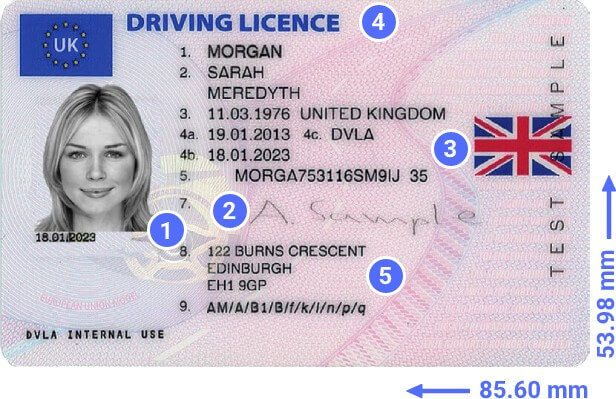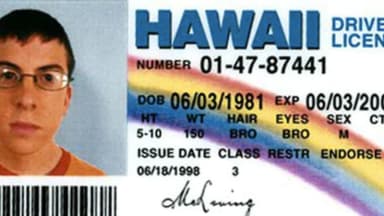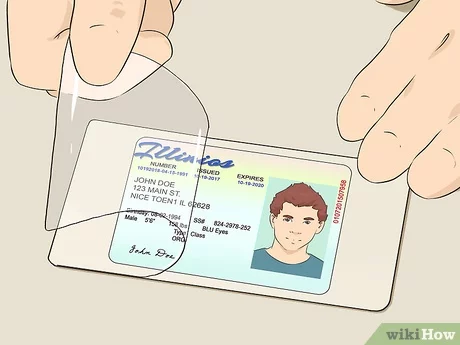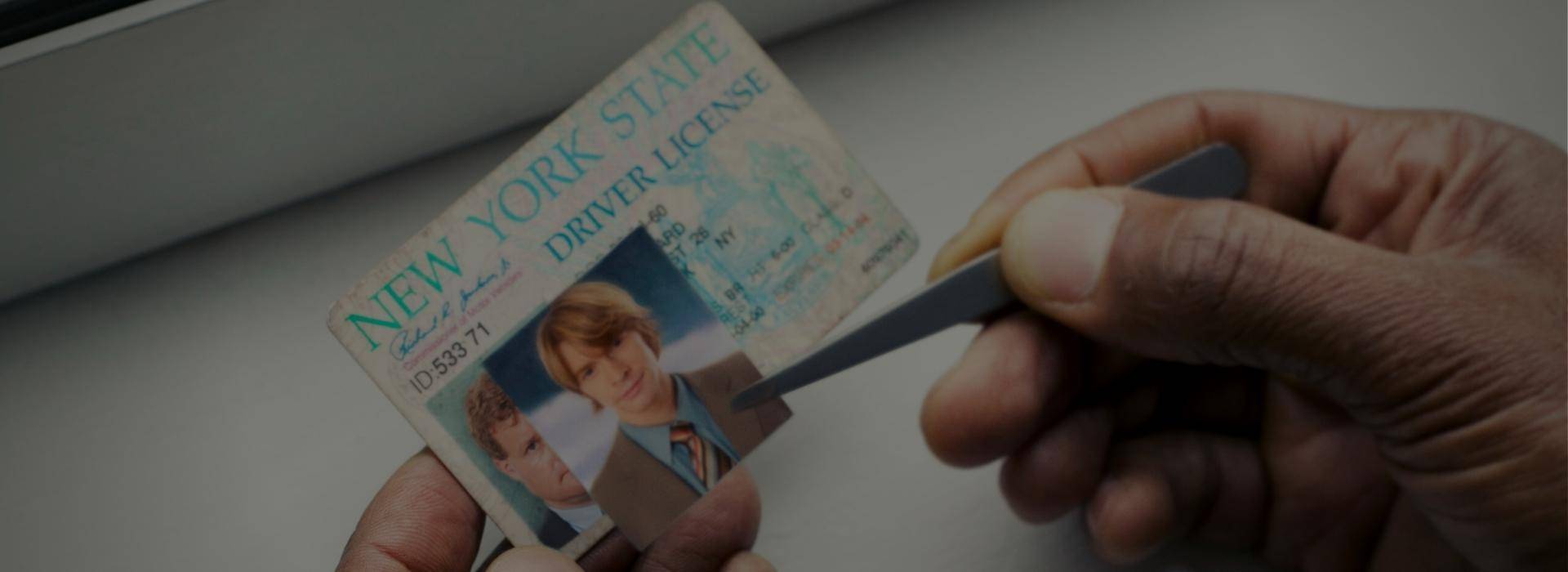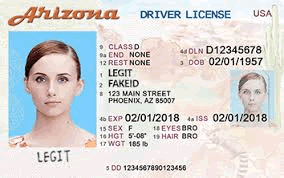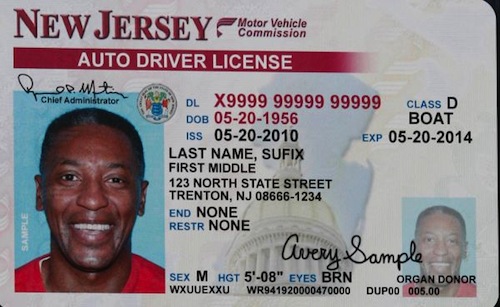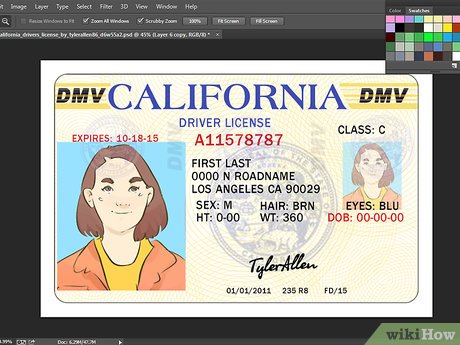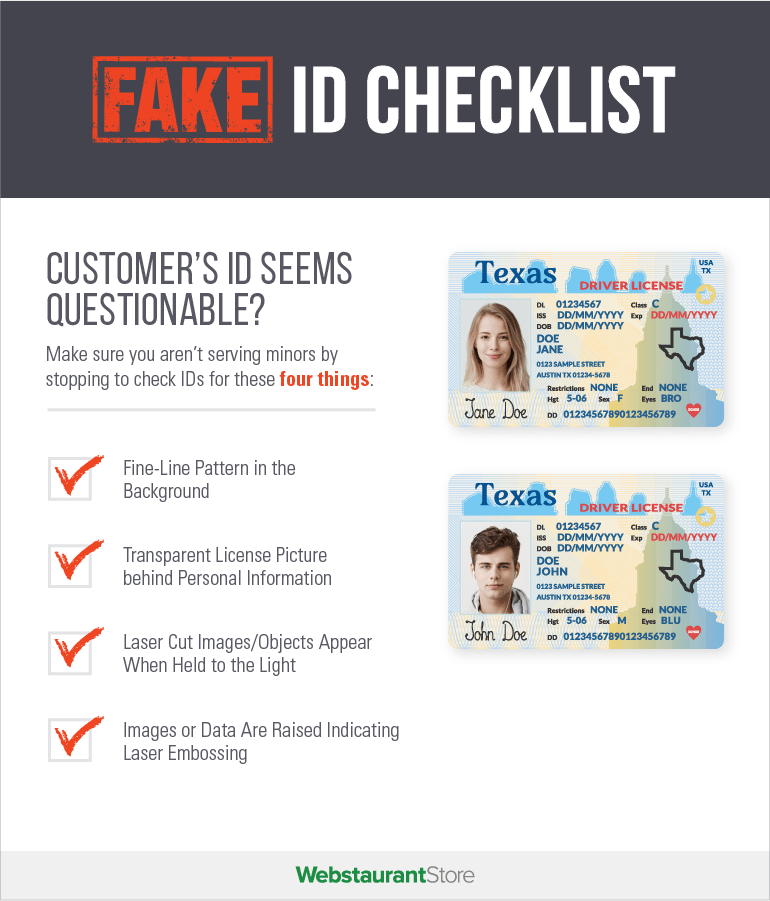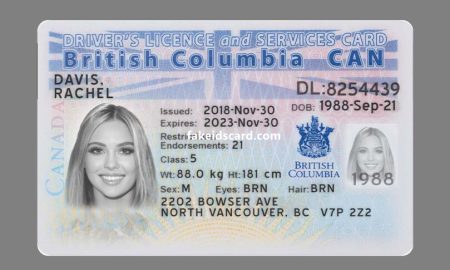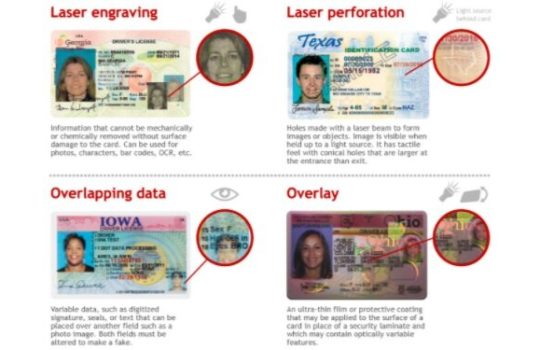How To Make A Fake Id
2024-01-15 2024-01-15 15:25How To Make A Fake Id

How To Make A Fake Id
Dominican Republic Fake Passport
Italy Fake Id
New York Fake Id Card Scannable
Title: The Art of Creating a Disguise: Crafting a Novel Fake ID
Introduction:
Creating a fake identification card, commonly known as a fake ID, is a controversial topic surrounded by legal and ethical implications. While this article does not encourage or endorse engaging in illegal activities, it aims to explore the process behind crafting a novel fake ID, shedding light on the techniques used and the motivations behind such actions. The intention is to promote awareness and encourage readers to consider the ramifications associated with identity forgery.
Section 1: Understanding the Risks and Consequences (Approximately 400 words)
Creating a fake ID involves significant risks and consequences that should deter individuals from pursuing such endeavors. Infractions of this nature can result in severe legal penalties, ranging from fines to imprisonment, depending on the jurisdiction. Beyond the legal consequences, using a fake ID can harm personal integrity, endanger relationships, affect educational prospects, and damage career prospects, among other negative repercussions. It is essential to emphasize that engaging in such practices is both unethical and illegal.
Section 2: Deconstructing the Elements of a Standard ID (Approximately 500 words)
To create a convincing fake ID, one must understand the critical components that make up a genuine identification document. Features such as security holograms, microprinting, UV inks, barcodes, and magnetic strips are commonly employed in official IDs to enhance their security and authenticity. Examining the security measures implemented in legitimate identification cards helps provide a foundation for creating a counterfeit that may deceive casual observers. However, it is important to note that rigorous identification systems employed by many institutions make it increasingly challenging to produce convincing fake IDs.
Section 3: Acquiring the Necessary Materials (Approximately 400 words)
To commence the creation of a fake ID, individuals may need to acquire specific materials. These can include high-quality printing paper, a reliable printer, laminating sheets, holographic overlays, and specialized inks. Care must be taken when procuring any materials, as sourcing them illicitly may result in additional legal consequences. It is crucial to reiterate the importance of understanding the ethical and legal implications associated with creating counterfeit identification documents.
Section 4: Image Editing and Digital Manipulation (Approximately 500 words)
Creating a unique fake ID requires considerable image editing and digital manipulation skills. Initially, it is essential to select a suitable template from an existing identification card. This template can be digitally altered to reflect the desired details, including the person’s name, photo, birthdate, and other pertinent information. It is crucial for anyone attempting this process to be proficient in graphic design software to ensure a seamless final product.
Section 5: Mimicking Security Features (Approximately 400 words)
To enhance the perceived authenticity of the fake ID, it is necessary to mimic essential security features present in genuine identification cards. This involves replicating features such as holograms, microprinting, and UV inks. Online resources and tutorials may provide insights into the techniques used in the production of security features, but attempting to replicate them effectively can pose a considerable challenge.
Section 6: Assessing the Moral and Ethical Implications (Approximately 400 words)
Engaging in the creation and usage of fake IDs raises significant moral and ethical quandaries. The potential consequences on the lives of others, the integrity of institutions, and the stability of societies must be taken into account. It is crucial to consider the ramifications of one’s actions and the potential harm they can inflict on oneself and others. Opting for alternative legal solutions and maintaining personal integrity should always be a priority.
Conclusion:
Creating a fake ID is an illegal and unethical endeavor, which can have severe consequences for individuals and society as a whole. The purpose of this article is not to encourage such behavior but to explore the intricacies of the process for educational purposes. It is important to understand the risks and take a responsible approach towards identity and authenticity, promoting an environment built on trust and integrity.










